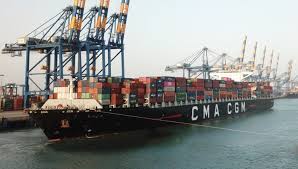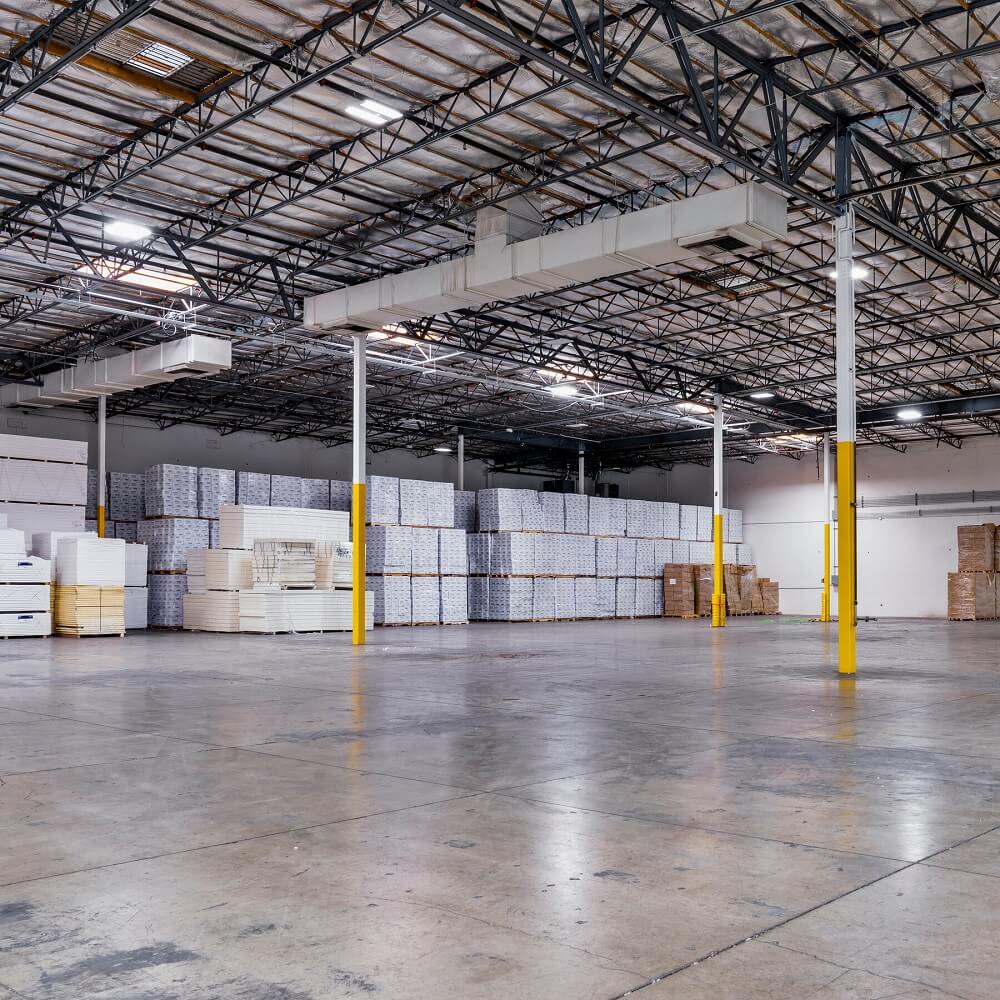
According to recent surveys, the need for storage space among e-commerce companies like Amazon, Flipkart, Bigbasket, and FirstCry has dramatically decreased this year as a result of the widely anticipated slowdown in customer demand.
According to the Colliers data, e-commerce companies accounted for only 4 percent of all warehouse leasing in the first half of 2022, down from 23 percent in the same period the previous year.
According to a separate analysis by real estate data analytics company CRE Matrix, the top five e-commerce companies have witnessed an 83% decline in leasing activity in the first eight months of 2022 through August compared to 2021, when the industry had a 107per cent surge in space take up.
According to CRE Matrix statistics, e-commerce behemoth Amazon has leased 1.4 million square feet of warehouse space in the first half of 2022, compared to its competitor Flipkart’s 0.11 million sq ft. This year, the Tata-owned BigBasket has rented just 0.3 million square feet of storage space. So far this year, large warehouse space hasn’t been leased by other key businesses like FirstCry and Blinkit (formerly Grofers) either.
E-commerce leasing is slowing down because the industry’s operations have already increased in size during the past two years. Experts state that the market will stay resilient and will have a rapid rebound in 2023. During the pandemic, e-commerce firms recruited more warehouses and employees to keep up with the increasing demand from homebound consumers who felt more comfortable making purchases online.
By the end of 2023, it is anticipated that e-commerce players’ demand for warehouse space will significantly increase, followed by retail and manufacturing. E-commerce businesses are reportedly speeding up their hiring process as they prepare for a spike in demand in both metro areas and rural areas during the impending holiday season. The Indian e-commerce market is also anticipated to expand significantly during the next five years.
Along with this, government initiatives like the National Logistics Policy (NLP), PM Gati Shakti’s national initiative for multimodal connectivity, an enhanced rail and road network, and expanding direct-to-consumer (D2C) businesses in the nation paint a positive picture for the logistics industry over the long term.

